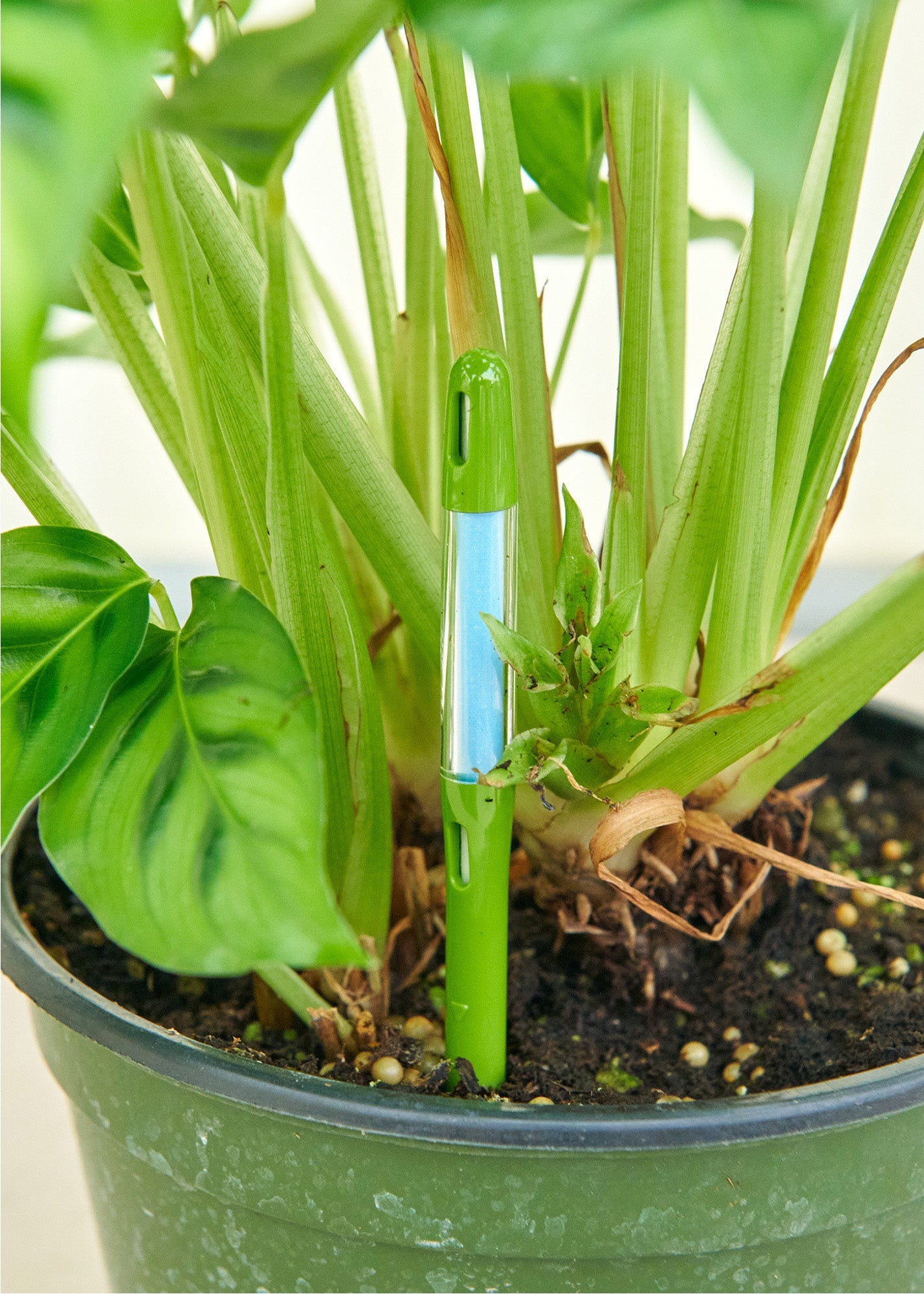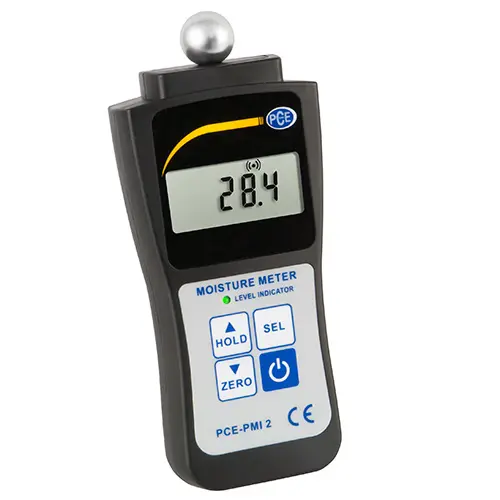Exactly how to Utilize a Moisture Meter to Find Surprise Water Damages in Your Building
Exactly how to Utilize a Moisture Meter to Find Surprise Water Damages in Your Building
Blog Article
The Ultimate Guide to Dampness Meters: A Comprehensive Introduction and Exactly How They Can Save You Money
Moisture meters offer as important devices in discovering and checking moisture material in products, assisting in avoiding expensive problems and making sure the quality of products. Recognizing the subtleties of different types of wetness meters, their applications, and the possible cost-saving benefits they provide can be a game-changer for experts and services alike.
Sorts Of Moisture Meters
Different sorts of dampness meters are readily available for different applications in various markets. One usual kind is the pin-type dampness meter, which measures the electrical resistance between two pins placed right into a product. This kind appropriates for wood, drywall, and other building materials. Pinless wetness meters, on the various other hand, use electro-magnetic sensing unit plates to scan a bigger location without creating damages to the product's surface area. Moisture Meter. These meters are ideal for quickly examining wetness degrees in big areas such as wall surfaces and floorings.

Furthermore, there are additionally specialized moisture meters made for details products like grain, hay, or soil. These meters provide exact wetness readings tailored to the unique residential properties of the product being examined. Infrared dampness meters determine the thermal residential or commercial properties of a material to establish its dampness content non-invasively, making them helpful for applications where pin or pinless meters may not appropriate. Understanding the different kinds of dampness meters available can aid sectors select one of the most ideal tool for their details wetness measurement needs.

Advantages of Utilizing Dampness Meters
Wetness meters supply indispensable benefits in accurately keeping track of and analyzing dampness levels in diverse materials and atmospheres (Moisture Meter). One of the main advantages of using moisture meters is the prevention of prospective damage triggered by excess dampness. By spotting and resolving high dampness degrees at an early stage, wetness meters help to protect against mold and mildew growth, rot, and architectural damages in structures, saving both money and time on repair services. In addition, dampness meters help in ensuring the quality of products throughout building and construction or production procedures. By properly gauging dampness web content, these tools help preserve the stability of timber, drywall, concrete, and various other materials, minimizing the threat of failures or defects.
In addition, using dampness meters can bring about boosted energy performance. By determining areas with high moisture degrees, such as leaks or poor insulation, modifications can be made to improve power preservation and decrease energy expenses. In agricultural settings, moisture meters play an important role in maximizing plant yields by making it possible for farmers to keep an eye on dirt wetness levels and make educated irrigation choices. In general, the benefits of making use of wetness meters span throughout various sectors, offering cost-effective options and advertising much better quality assurance techniques.
Exactly How to Pick the Right Moisture Meter
Choosing the appropriate dampness meter includes taking into consideration crucial elements such as product compatibility, dimension range, and calibration accuracy. When selecting a dampness meter, it's important to guarantee that the meter is ideal for the particular product you will certainly be screening. Different products have varying electrical homes that can influence dampness analyses, so selecting a meter developed for your material is vital for exact outcomes. Additionally, consider the measurement series of the wetness meter. Guarantee that the meter can find dampness degrees within the array needed for your applications. Calibration precision is another critical element click here for info to bear in mind. Choose a wetness meter with trusted calibration to ensure regular and precise readings. Some website link meters may call for routine calibration changes, so recognizing the calibration procedure is essential. By very carefully examining these aspects, you can select a wetness meter that meets your needs and provides accurate moisture dimensions for your tasks.
Proper Methods for Moisture Meter Use

Cost Cost Savings With Wetness Meter Applications
Just how can the calculated utilization of dampness meters lead Recommended Site to substantial cost savings across various industries? In the agriculture industry, dampness meters help in identifying the optimum time for gathering crops, protecting against excess or over-drying moisture that can influence the final item's high quality.
In a similar way, in building, dampness meters assist avoid pricey damages by discovering dampness levels in structure materials, such as timber or concrete, which can lead to structural concerns if not attended to promptly. By determining problem areas beforehand, specialists can take corrective procedures to stay clear of substantial repairs or substitutes, inevitably saving money and time.
Additionally, in the food handling industry, wetness meters are crucial for keeping track of item top quality and ensuring compliance with safety and security policies. By properly gauging moisture material in foodstuff, manufacturers can avoid wasting, keep freshness, and minimize waste, causing considerable price savings. Generally, the strategic application of wetness meters is a valuable investment that can cause significant cost reductions and improved effectiveness throughout different sectors.
Final Thought
In verdict, wetness meters are important tools for determining and discovering moisture degrees in various products. By using the right wetness meter and following proper strategies, individuals can efficiently protect against expensive problems triggered by excess dampness.
Wetness meters offer as crucial tools in identifying and checking moisture content in products, aiding in stopping costly damages and ensuring the top quality of products. Infrared wetness meters gauge the thermal properties of a material to establish its moisture material non-invasively, making them valuable for applications where pin or pinless meters may not be ideal.Moisture meters use invaluable benefits in properly evaluating and checking dampness levels in varied products and environments. In agricultural setups, dampness meters play an essential duty in optimizing crop returns by making it possible for farmers to keep track of dirt dampness levels and make educated watering decisions.In verdict, moisture meters are beneficial devices for detecting and measuring moisture degrees in various products.
Report this page